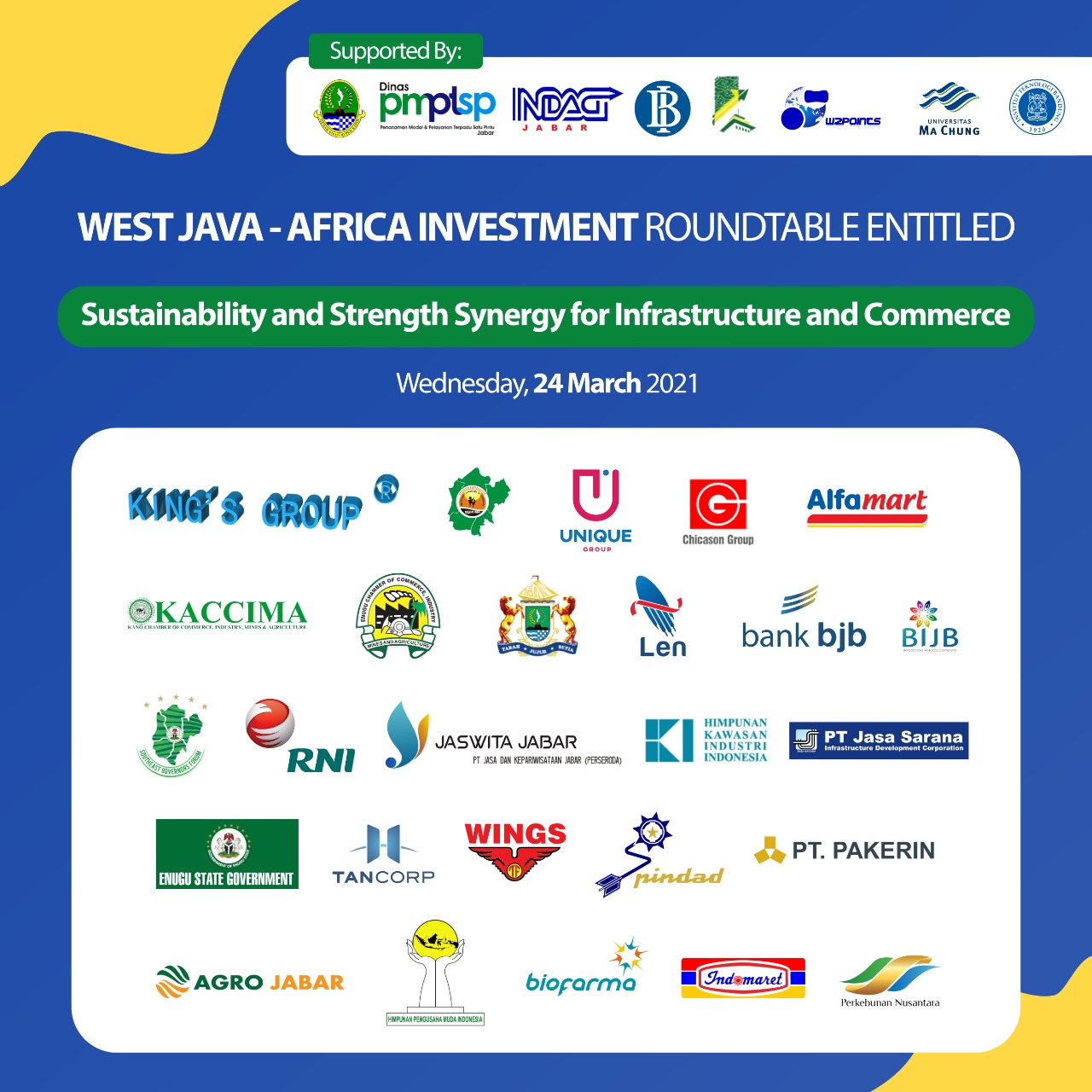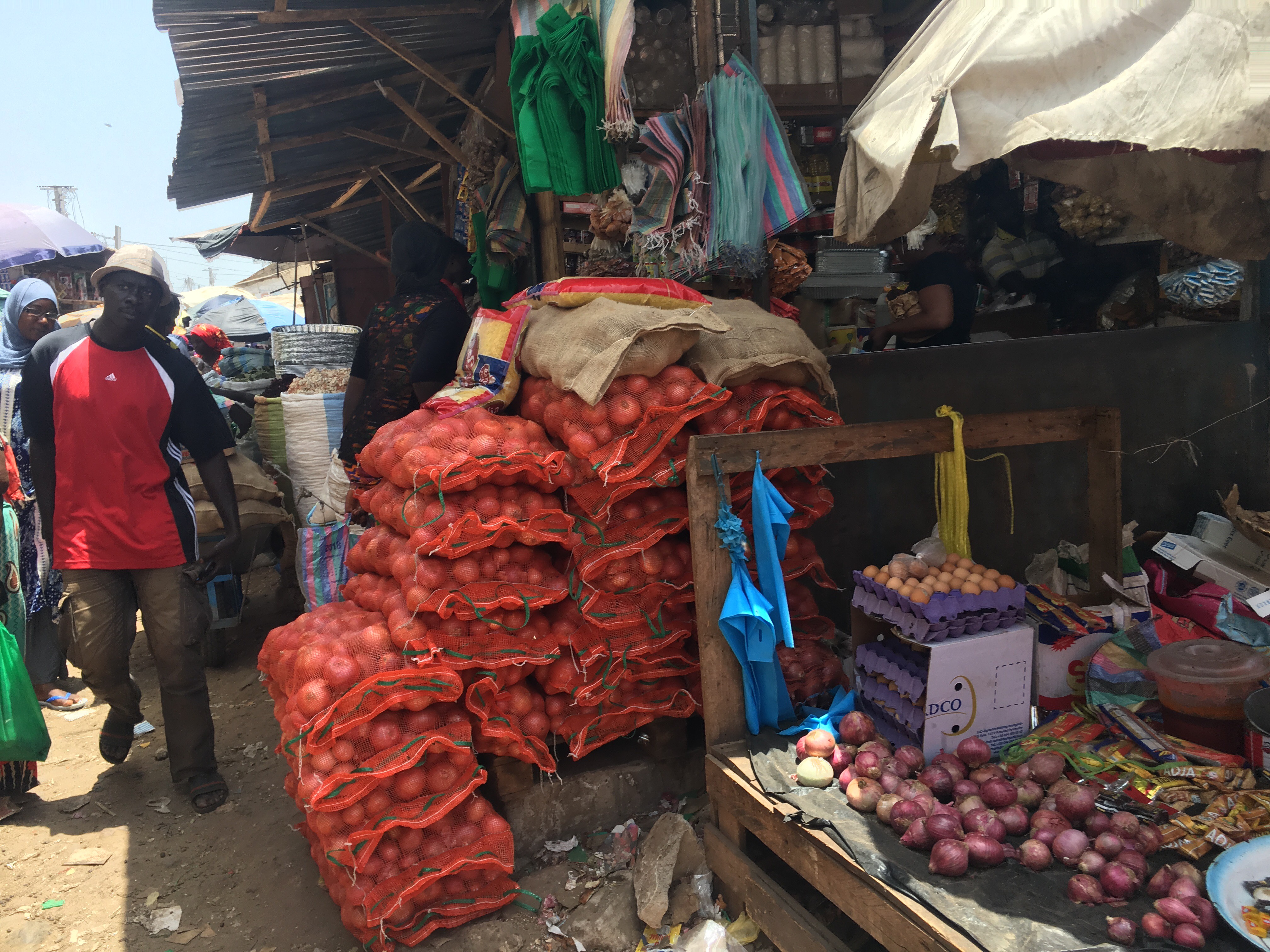By: Fatou Krubally
The Gambia’s economy surged 5.3 percent in 2024, putting it ahead of most of Sub-Saharan Africa. But a worrying debt-to-GDP ratio of 73.5 percent threatens to slow the country’s progress, the International Monetary Fund (IMF) has warned.
Unveiling the IMF’s latest Regional Economic Outlook for Sub-Saharan Africa on Tuesday, IMF Resident Representative Patrick Gitton commended The Gambia’s economic resilience in a tough year for the region.
“Inflation has fallen sharply from 18 percent in September 2023 to 8.1 percent by April 2025, thanks to tight monetary policy and easing food prices,” Gitton said. He praised the government’s efforts to curb inflation, calling them “essential” to protect household incomes.
However, Gitton raised concerns over the country’s high public debt ratio of 73.5 percent of GDP, describing it as “a potential drag on the economy.” He warned that without careful management, debt servicing could limit government spending on health, education, and other vital sectors.
IMF economist Bernard Mendy noted that global uncertainties, including trade tensions in the US, could indirectly affect The Gambia’s exports and investor confidence. “While the direct impact on The Gambia may be small, the uncertainty alone can dampen investment and growth prospects,” he said.
According to the IMF, The Gambia’s growth is expected to hold steady at 5.5 percent in 2025 before easing slightly to 5.3 percent in 2026.
While the figures show that The Gambia is on the right track, experts say the country must continue with prudent fiscal policies to keep its economic engine humming. “It’s crucial to keep debt under control and strengthen domestic revenue mobilization,” Gitton advised.





